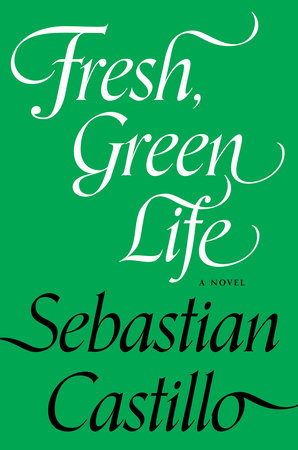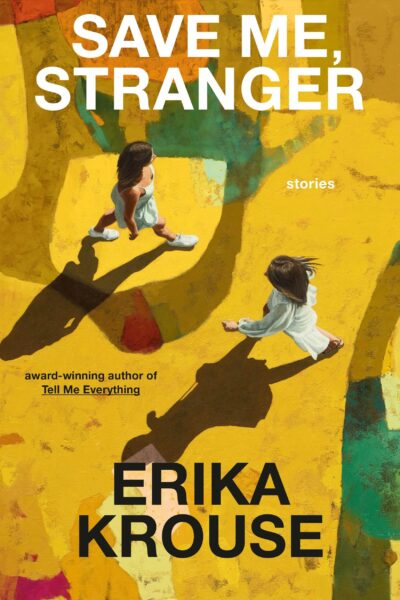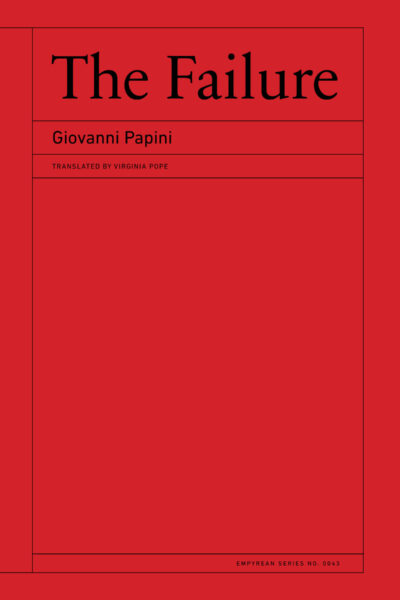Fresh, Green Life — Sebastian Castillo
But whether or not the narrator evolves is irrelevant. It’s his daydreaming that propels the narrative and engages the reader. Not just because of long sentences, or languid interiority, but because the narrator actually reveals himself through his delusions.
A Prague Flâneur – Vítězslav Nezval
Prague surpasses its “practical necessity” and expands into a dynamic host for memories
We Are Green and Trembling – Gabriela Cabezón Cámara
Erauso is the stranger in this world and he, the conquistador, becomes a subject in the dominion of this new world
Ma makes the case that rénlún is insufficient for determining real, lived human relationships.
My Heavenly Favorite — Lucas Rijneveld
As a reader, to spend so much time with this man’s mind is troubling. Still, the rhythmical intensity of Rijneveld’s prose is so striking, the reader can’t help being captivated by this disturbed yet poetic man. As uncomfortable as it is to admit, there is pleasure in his company.
Lili Is Crying – Hélène Bessette
Absent mothers beget resentment or yearning in their daughters; overpresent mothers make their hearts fester.
Save Me, Stranger – Erika Krouse
A book that preaches empathy and human connection is nothing new. But Krouse isn’t preaching, and her characters often don’t understand each other.
It’s Not the End of the World – Jonathan Parks-Ramage
If every novel about modern people is a novel about zombies […] then every novel about people is also a novel about babies
To conquer the infinitude of all things was the goal of Italian writer Giovanni Papini, who, in aid of this task, dedicated his life to embracing the various avant-garde intellectual movements that flashed through Italy in the first half of the 20th century.
Love in a F*cked-Up World – Dean Spade
“To me,” writes Spade, “LOVE is a clear extension of the questions at the heart of my previous work: How do we build lasting and effective resistance movements? What are the barriers, and how do we overcome them?”











